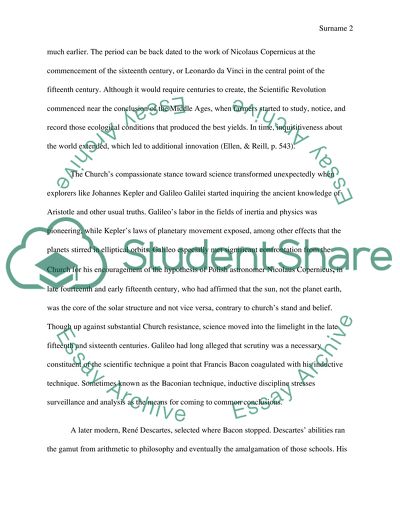Cite this document
(“Scientific Revolution and the Enlightenment Term Paper”, n.d.)
Retrieved from https://studentshare.org/environmental-studies/1416665-scientific-revolution-and-the-enlightenment
Retrieved from https://studentshare.org/environmental-studies/1416665-scientific-revolution-and-the-enlightenment
(Scientific Revolution and the Enlightenment Term Paper)
https://studentshare.org/environmental-studies/1416665-scientific-revolution-and-the-enlightenment.
https://studentshare.org/environmental-studies/1416665-scientific-revolution-and-the-enlightenment.
“Scientific Revolution and the Enlightenment Term Paper”, n.d. https://studentshare.org/environmental-studies/1416665-scientific-revolution-and-the-enlightenment.


